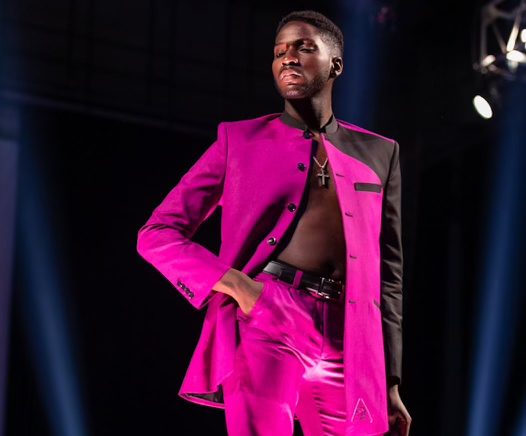Presidential candidate Sen. John Kerry, D-Mass., swept the presidential preference survey conducted by the Minnesota Public Interest Research Group at the University Tuesday, boasting 58.51 percent of the vote.
Approximately 376 students voted in the survey, which used instant runoff voting methods. Of those 376 votes, Kerry garnered 220, followed by President George W. Bush with 67 votes at 17.81 percent.
With 61 votes, independent candidate Ralph Nader received nearly as many as Bush. The Green Party received 14 votes and Libertarian Party candidate Gary Nolan garnered 11. There were three write-in votes.
MPIRG did not take a position or endorse any of the candidates in the election, MPIRG member and University junior Shaun Laden said. Rather, the group wanted to use the election as an education tool to help familiarize voters with instant runoff voting, he said.
MPIRG received 2,956 undergraduate signatures to put an instant runoff voting referendum on this year’s all-campus University election ballot. If the referendum passes, students will use instant runoff voting in all-campus elections in 2005.
In instant runoff voting, voters rank candidates by preference. If no candidate receives the majority, officials remove the candidate with the least support and repeat the process until a candidate has the majority.
MPIRG members brought ballots to the state MPIRG office in Dinkytown, where they invited all of the campus parties who endorsed candidates to help count the ballots. Laden said none of the groups MPIRG contacted responded to their e-mail invitations to participate in the count.
Instant runoff voting deserves further investigation, said Nan Skelton, co-director of the Center for Democracy and Citizenship at the Humphrey Institute of Public Affairs.
“I haven’t researched it in depth, but from what people talked about in the 2000 elections and the conversations from the last several months, I think it’s really worth looking at and considering,” she said.
“I think it’s a good idea, because there’s all this talk about how if you vote Green you’ll let George W. Bush win,” sophomore Sarah Wiljamaa said. “A lot of people are held back from voting for who they want,” with the current system.
The election’s turnout was good, said Katie Tharp, the University MPIRG treasurer. By 2 p.m., three hours before polls closed, the Willey Hall ballot box was nearly full.
Students voted by entering their names and student identification numbers into laptop computers that made sure no one could vote twice.
Junior Liz Borer said she favors instant runoff voting for all elections.
“You can vote with your heart,” she said.
But not everyone was as enthusiastic about the elections.
Tyler Richter, College Republicans chairman, called them a “high school political science experiment.”
“(Instant runoff voting) is definitely not the way to go,” said Richter. “If you look at nations and governments that do use it, I think they are arguably less effective.”
Dan Nelson, Campus Republicans chairman, said instant runoff voting allows an indecisive voter to refrain from choosing one candidate.
“They’re using Student Services Fees to waste everyone’s time,” he said of MPIRG. “I guess that’s what MPIRG does.”










